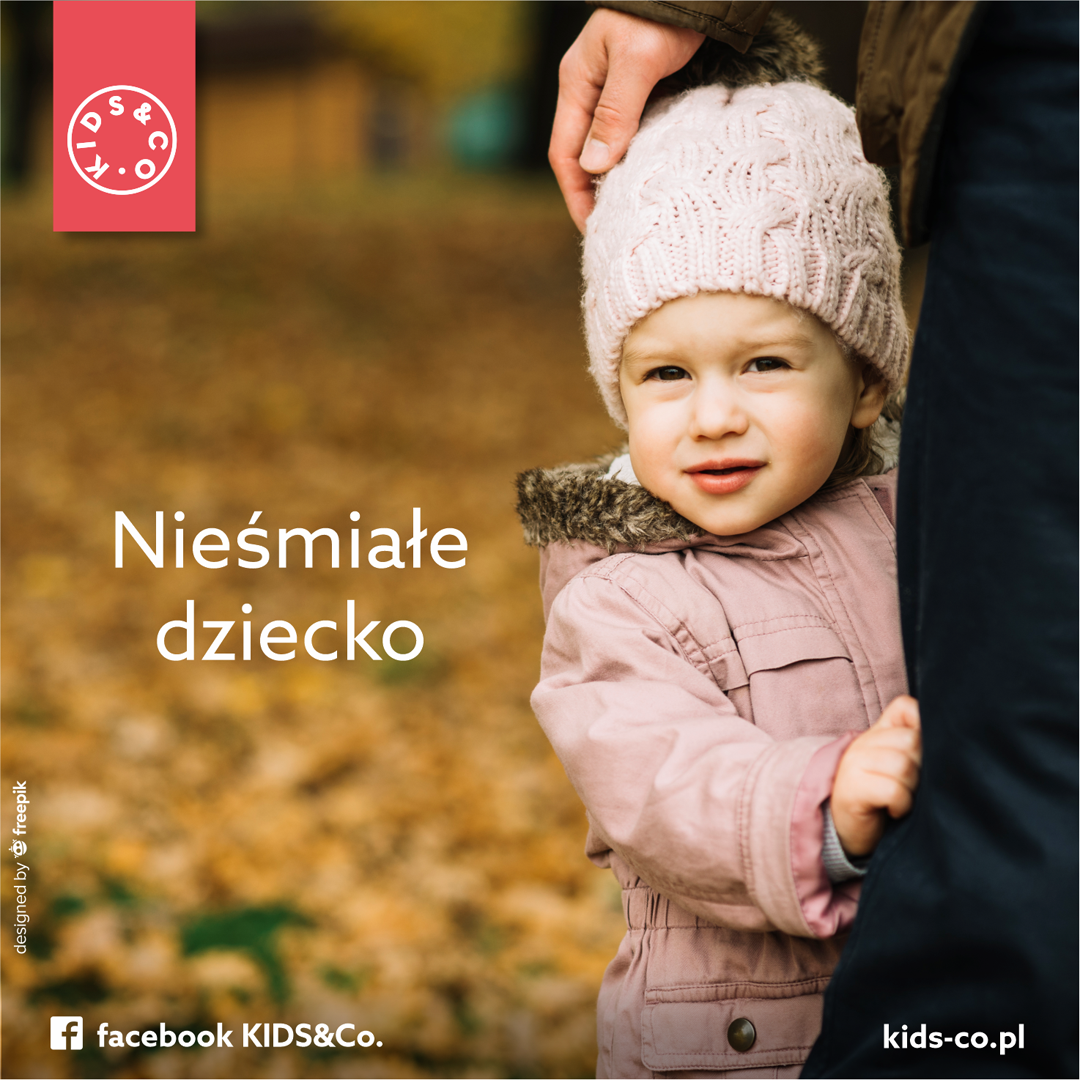A shy child

Shyness is a personal characteristic that usually shows up during the school period. However, we can notice some symptoms of lack of confidence in preschool children and adults. Shyness is defined as a complex condition ranging from a slight feeling of embarrassment in social situations to fear of people that can lead to neurosis. Consolidated in childhood, it can result in many difficulties in interpersonal relationships, and often even making it impossible to derive joy and satisfaction from life. Therefore, it is important that parents not only accept their shy children but also support them and build strong self-esteem in them.
Shyness is most often revealed in new, unfamiliar situations and contact with unfamiliar people. Shyness in younger children is a development stage and means an instinctive resistance to intimacy with a stranger. What can we do to support a shy child? It turns out that a child is much more confident in social relationships, including peer relations, if: they can cope with unpleasant feelings, they are characterized by self-confidence, good self-esteem, high self-esteem.
Self-esteem is also called self-confidence. Self-confidence answers the questions: what can I do? What am I good at? What can I do? We should talk about your child successes: You got… You won… You did… You learned… You jumped… You managed… What inhibits the development of self-esteem: criticizing, punishing, ridiculing, embarrassing, deprecating the child as a person and his achievements, labelling, e.g. “shy child.”
Let’s meet!
We invite all of you to an individual meeting with the headteacher. This will be a great opportunity to find out about our educational offer, ask questions, and visit the kindergarten. You can book one visit for a given day.






